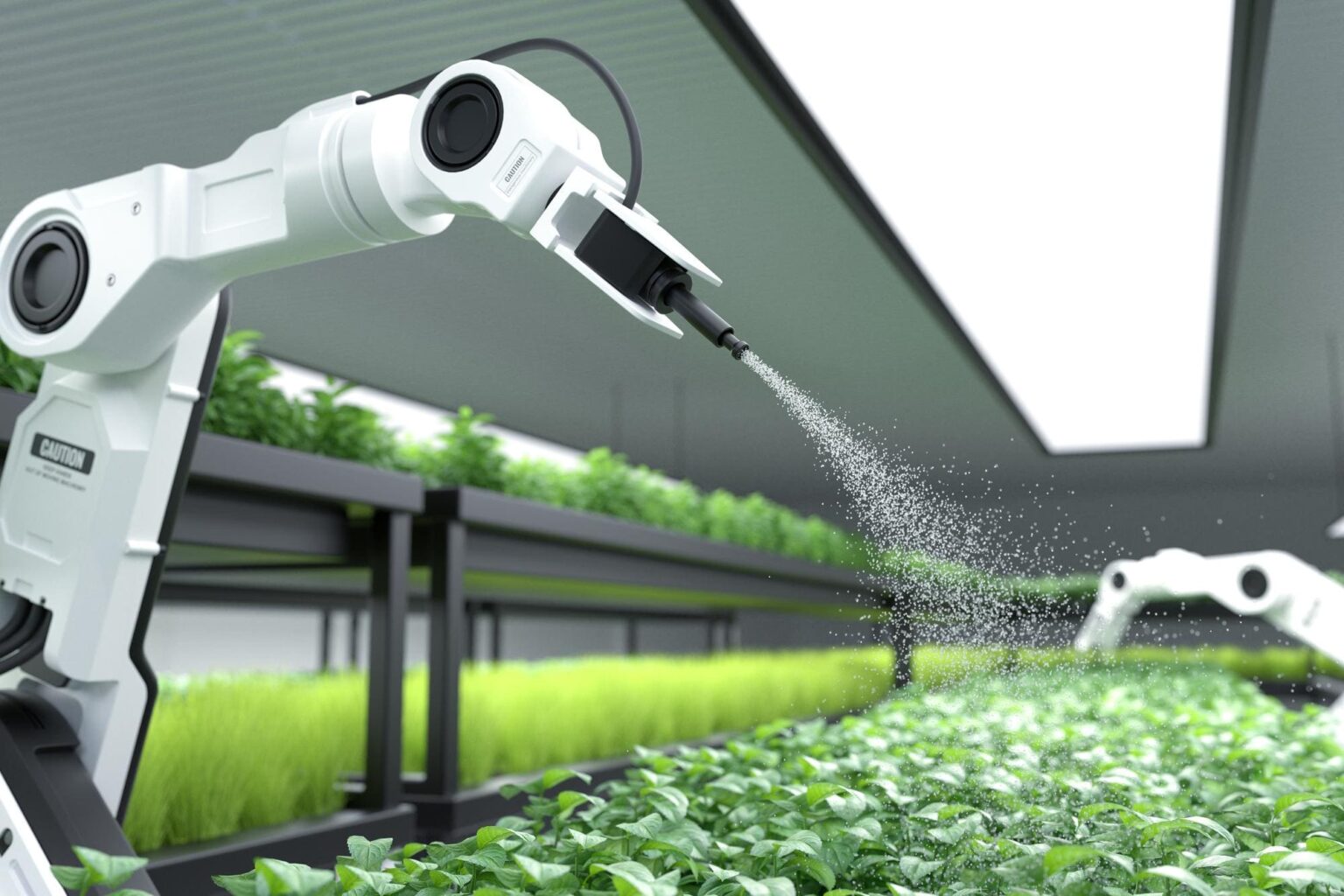Artificial intelligence (AI) has the potential to revolutionize agriculture, helping to feed a growing population and address global food security challenges. Here are some innovations and challenges that AI presents in this area:
Innovations:
- Precision Agriculture: AI can be used to analyze data from sensors, satellites, and other sources to optimize farming practices and improve crop yields. This includes precision irrigation, precision fertilization, and precision pest management.
- Predictive Analytics: AI can be used to analyze data on weather patterns, soil conditions, and other factors to predict crop yields and identify potential risks to crop health.
- Plant Breeding: AI can be used to analyze genetic data and predict plant traits, helping to develop new crop varieties that are more resistant to pests and disease and have higher yields.
- Robotics and Automation: AI-powered robots and drones can be used to perform tasks such as planting, harvesting, and monitoring crops, reducing labor costs and increasing efficiency.
Challenges:
- Data Quality and Availability: AI systems require large amounts of high-quality data to function effectively. In agriculture, this can be a challenge due to the variability of farming conditions and the availability of data from remote areas.
- Cost and Accessibility: AI-powered tools and technologies can be expensive, making them difficult to access for small-scale farmers in developing countries.
- Ethical Considerations: AI systems in agriculture raise ethical questions around issues such as data privacy, ownership, and control, as well as potential impacts on labor markets and rural communities.
- Technical Expertise: AI systems require technical expertise to design, deploy, and maintain, which may be lacking in many rural and developing areas.
To address these challenges and maximize the opportunities presented by AI in agriculture, it is important to develop responsible and ethical AI practices that are tailored to the specific needs and contexts of different farming communities. This includes investing in data infrastructure and digital literacy programs, as well as engaging in ongoing dialogue with farmers, policymakers, and other stakeholders to ensure that AI systems are designed and deployed in ways that are transparent, accountable, and respectful of human rights and environmental sustainability.



